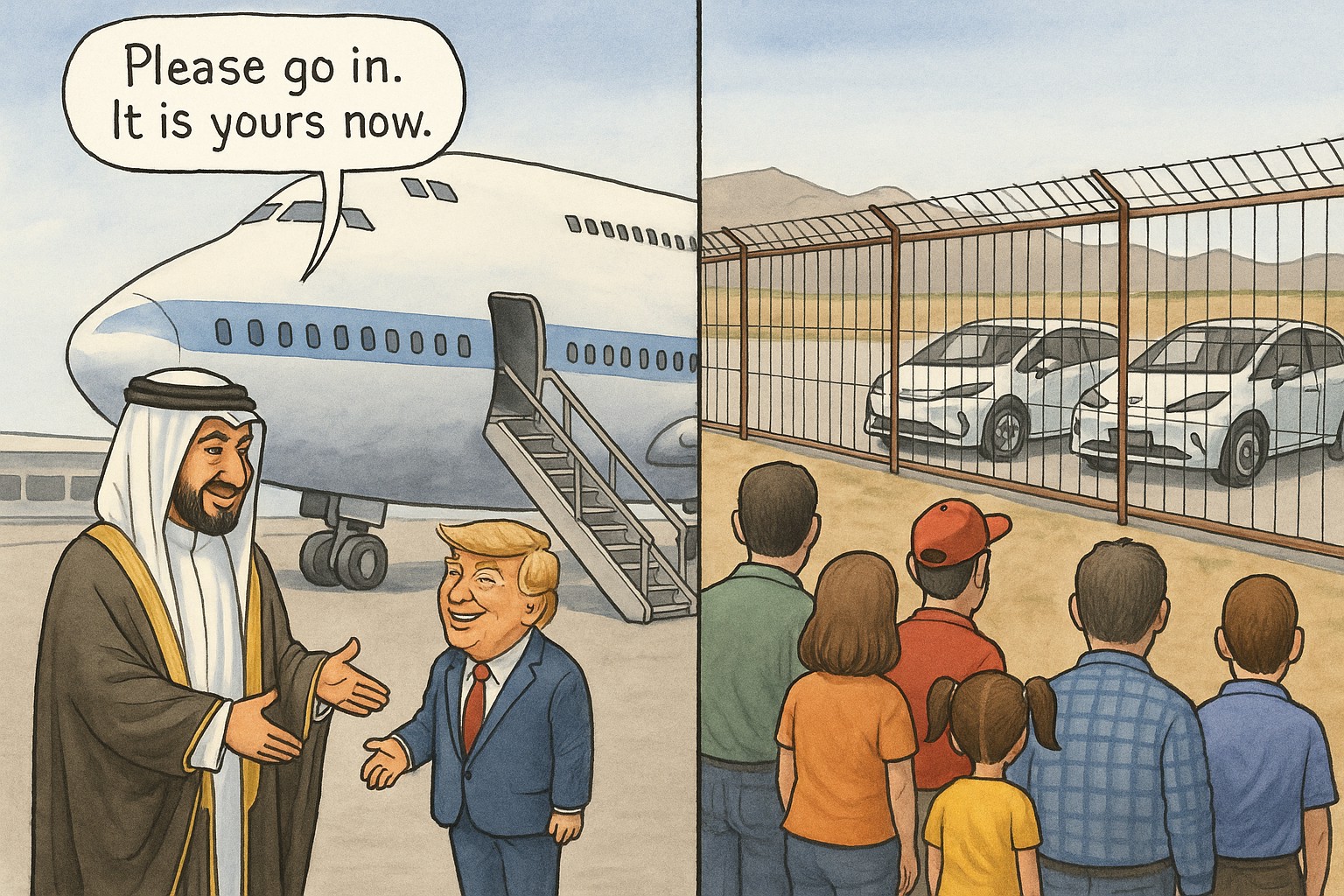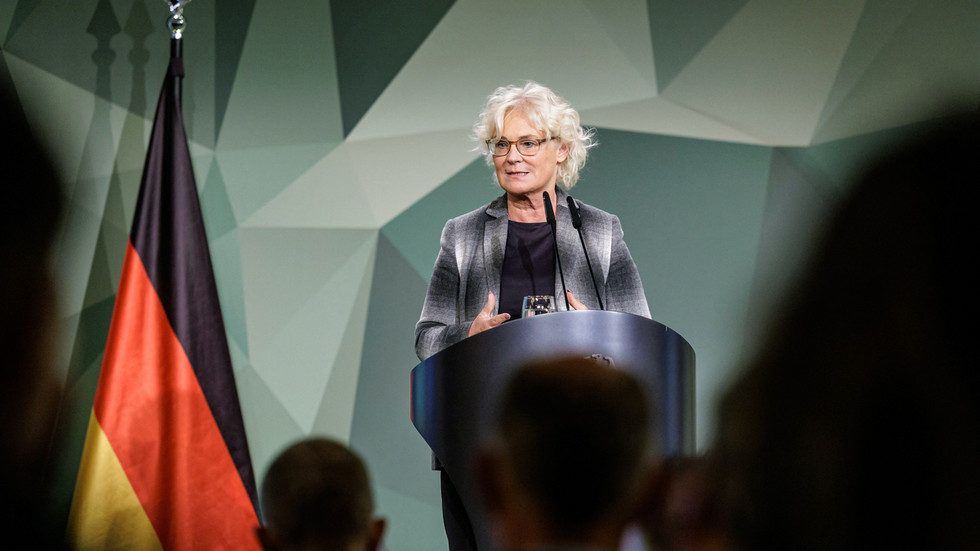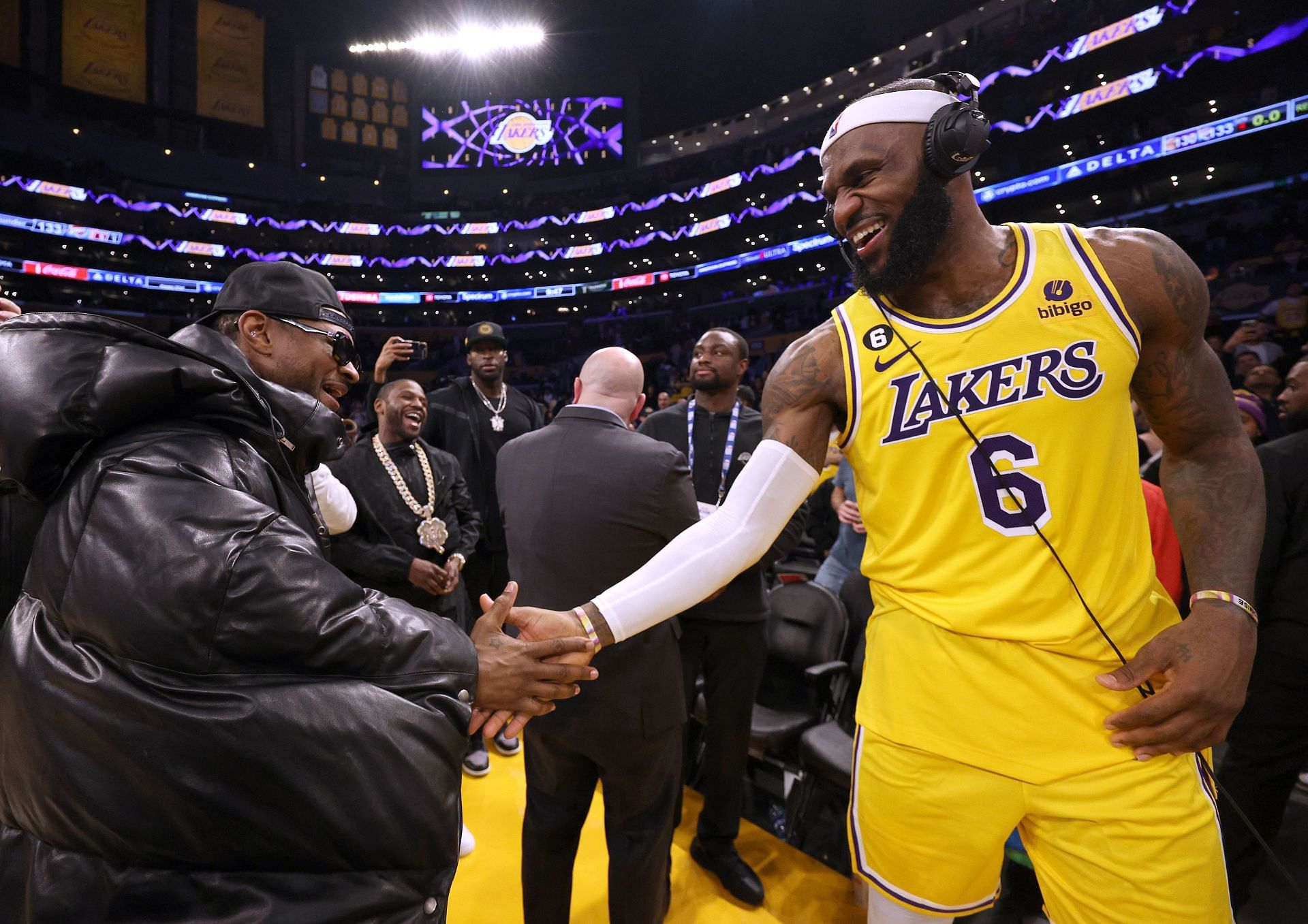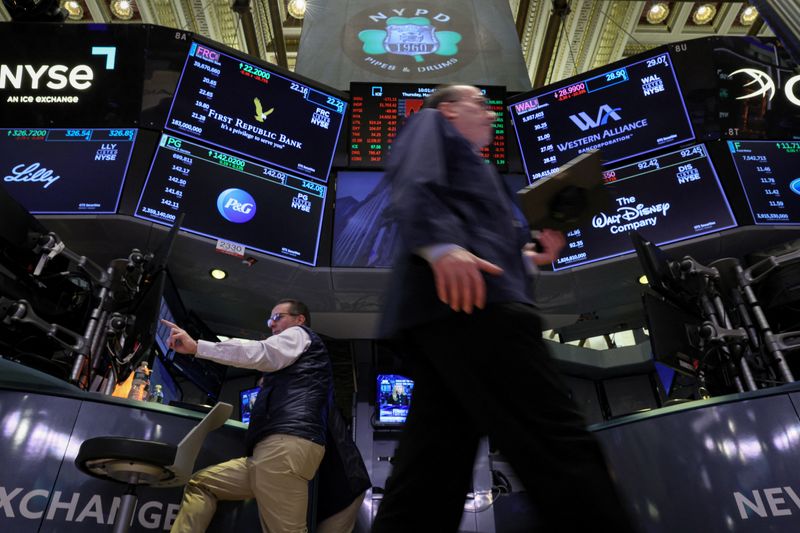EU ministers say that time is running out to resolve the worsening dispute with the US over Washington’s $369bn of green subsidies as they seek to head off a transatlantic trade war.
Brussels and Washington have set up a taskforce to address the impact of the Inflation Reduction Act (IRA) and its “buy American” provisions, but European capitals are growing impatient with the lack of progress.
Jozef Sikela, the Czech minister who is chairing a meeting of EU trade ministers in Brussels on Friday, said he wanted solutions by the next meeting of a separate bilateral Trade and Technology Council on December 5.
“What is important for us is that the US is aware of our concerns and the taskforce has to work out a solution which will be acceptable for both parties,” he added. “We will focus on having certain solutions in place for the TTC on December 5.”
His comments underscore the mounting anxiety in the EU over the scale of the US subsidy scheme, and concerns that a failure to obtain better terms for the EU could lead to a serious dispute at a time when both sides need to prioritise transatlantic unity in the face of Russia’s invasion of Ukraine.
Liesje Schreinemacher, Dutch trade minister, described the IRA as “very worrisome”, adding: “I want to avoid a trade war by any means. No one benefits from any trade war.”
The IRA provides tax credits and subsidies for US consumers and companies for products such as electric vehicles, wind turbines and green hydrogen as the US attempts to slash its carbon emissions while creating jobs. Most are available only for products substantially made in the US.
It comes into force on January 1 but several EU companies have already said they will choose the US rather than the EU for their next investment. Energy prices are far lower in the US, adding a further pull factor.
Valdis Dombrovskis, EU trade commissioner, said the TTC meeting would provide “a good time to take stock on how the taskforce is doing and then decide on what are the next steps”.
Some EU members, such as France, have called for Brussels to replicate the US act with a “Buy European” subsidy regime of its own. German economy minister Robert Habeck has also suggested increased subsidies.
Even Ireland, one of the most staunch allies of the US in the EU, warned of consequences without a swift solution. Leo Varadkar, deputy prime minister, said: “There will be a response from the EU. Nobody wants to get into a tit for tat or a subsidy race but what the US has done really is not consistent with principles of free trade and fair competition.”
But other smaller and more liberal states such as the Netherlands and Sweden have warned against a subsidy race or a discriminatory regime that could invite retaliation by other trade partners.

















Comments 1